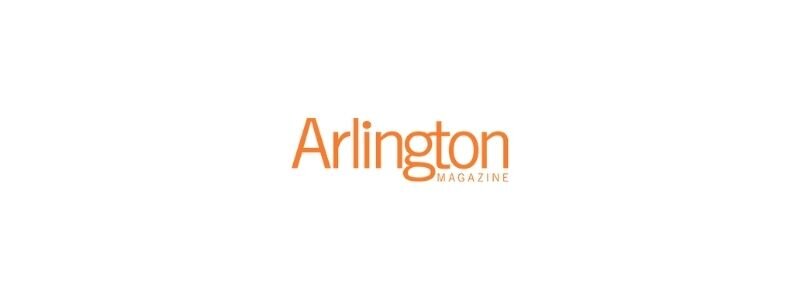Learning the Hard Way
Learning the Hard Way
Adrienne Wichard-Edds interviewed Elisa for the following article which was published August 24, 2020 on the Arlington Magazine website here.
The abrupt shift to remote instruction was painful, and it played out differently in every household. What did the spring of 2020 teach us?
At H-B Woodlawn Secondary Program, songwriting teacher Dan Paris challenged his music students to continue writing songs, then orchestrated several live online concerts throughout the spring.
“We did a bunch of scavenger hunts, where our teacher would post a list of things that you had to find around your house. That was cool,” says Miles Martin, a rising eighth-grader at H-B, who lives with his parents and older sister in Arlington’s Claremont neighborhood.
Even without the incentive to raise his grades (he already had A’s), Miles continued to participate in weekly school projects—writing poetry and sharing it with his English class using the Flipgrid app; building a circuit board for his robotics class; identifying wildlife around his home (his family retreated to their lake house in Orange County, Virginia) for a science project.
“All of our teachers did a good job of keeping in touch with us during fourth quarter,” Miles says. “They had a nice format for classes, with a couple of [live] meetings a day over Zoom or Microsoft Teams. Each teacher would post what we needed to do on Canvas with a link that we tapped on to go to the class. Then we’d do an activity, talk about how our days and weeks were going. It was kind of like being in actual school.”
But for other students, there was no substitute for in-person learning.
“The lack of human connection was a real problem,” says the mom of a rising seventh-grader at Dorothy Hamm Middle School who had been diagnosed with anxiety before the pandemic. “By mid-April, he seemed particularly sad, not his usual talkative self. He was becoming more withdrawn—his instinct was to curl in on himself, and it was becoming more pronounced. I had to force him to get out of his room, get out of the house.”
Elisa Nebolsine, a cognitive behavioral therapist based in Falls Church City, says that during quarantine she saw a notable spike in student anxiety and depression.
“I work with kids who are already anxious, and distance learning has been very difficult,” says Nebolsine. “The majority of kids I see aren’t finding meaning in the busywork. They feel disconnected from their peers. Every day feels the same. We need to treat this as a period of grief, then try to find ways to acknowledge the happy moments and remember that this feeling won’t last forever.”
Schools that were able to offer synchronous classes often saw better student engagement and time management, even when students weren’t learning new content.
But synchronous learning also had its drawbacks, as Fairfax County Public Schools discovered on April 14—the first day it tried to roll out live classes through the Blackboard platform. Virtual classrooms were hacked and chat rooms were defaced with expletives, pornographic photos and anti-Semitism.
“It was chaotic,” says Anne Neuman, whose daughter Becca was in her first year at James Madison High School in Vienna and was in one of the Blackboard classrooms that was hacked. “Becca’s first two classes that Tuesday went completely fine. Then she had Spanish, and all hell broke loose. It started off with kids in the chat room—boys ganging up another kid—but once they went to audio, there was profanity and yelling so loud that I could hear it down here in the kitchen.”
Becca’s experience was a tipping point for the Neumans, who have decided to send their daughter to private school in the fall.
They’re not the only ones seeking refuge in smaller class sizes and what they perceive as a more controlled environment. “We’ve definitely seen an uptick in public school families who are looking into private school options,” says Leigh Ann Cahill, director of Independent School Options, an educational consulting and placement firm based in Alexandria. “Parents of children in third grade and younger are the most concerned, since they often need more interaction and hands-on work instead of Zoom classes and online work.”
Share This Post

